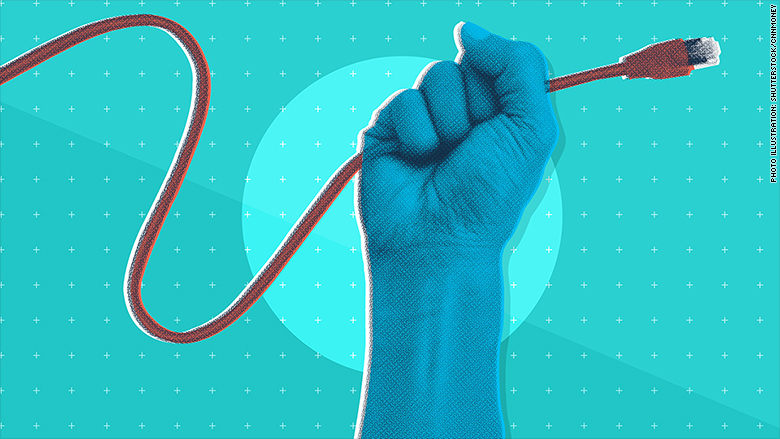Hybrid Satellite-Cellular Network Debuts
HughesNet made its name with its satellite internet system. Some people think this is all it does. Now, though, the firm wants to unite the stratosphere with terra firma. For selected areas, Hughes Network Systems has begun operating a hybrid internet service combining satellite and terrestrial cellular signals.

Hughes calls the new system HughesNet Fusion.
Why would anyone bother with such a combination, you might ask? It’s because each component enhances the other, and the combined system functions better than the separate components do.
Hybrid Broadband: The Best of Both Worlds
The satellite system can work almost everywhere. Its signals come from satellites 22,500 miles in altitude, so it covers almost the entire planet. It doesn’t require cable or telecom lines, nor wireless cellular towers, so it’s not limited to urban or suburban neighborhoods. Because of this, HughesNet serves areas other high -speed providers can’t reach.
The 5G wireless cellular component provides fast, low-latency signals, making it suitable for gaming and video streaming.
Areas with the hybrid system get the best of both technologies. The network can switch from the satellite system to the local cellular system, depending on the needs of the moment and the traffic the network is carrying. Gamers get sufficient speed and capacity, and rural areas get broadband service.
For the consumer, the hybrid network is low in cost. It offers true broadband speed. It’s available almost everywhere. It is highly reliable and it’s dense in capacity.
HughesNet previewed the hybrid system for the press at the SATELLITE Conference last March.
Hughes calls the new network a “multipath system”, and says it’s the wave of the future. To our knowledge, nobody else offers anything similar.
HughesNet offers 25 megabits er second (MB/S) download speeds with no hard data limits. Fusion plans, though, are available only in select regions of the U.S. To find out what’s available where you live, call Satellite Country.
Hughes will offer Fusion in many other areas early next year. So if you can’t get it where you live yet, you may be able to get it later. We will provide updates.
Call 1-855-216-0185
For the best deals in broadband service, call Satellite Country. We can find the plan that works best for you. Call today. We can help.
Call 1-855-216-0185
Call Today









